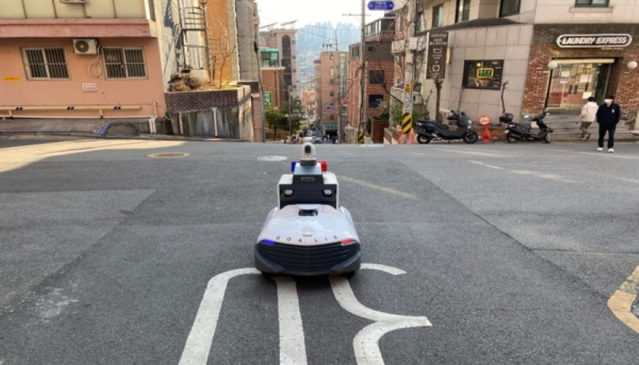The Seoul Metropolitan Government (SMG) is running a smart city services project to promote welfare and safety in the South Korean capital.
The Smart City in Daily Life pilot project aims to address diverse urban issues with information and communications technologies. Seoul chose Gwanak-gu as a testing bed for this project. The SMG will invest KRW1.35bn for two years to test futurist smart city technologies in real life.
Advanced technologies
Seoul came up with the Smart City in Daily Life pilot project to apply advanced technologies such as big data, artificial intelligence (AI) and Internet of Things (IoT) to Seoulites’ daily lives.
Park Jong-Soo, director general of the Smart City Policy Bureau, said: “Breaking from public agency-led smart city projects, the SMG will implement the Smart City in Daily Life pilot project so that services, and new technologies that are much needed in our citizen’s daily lives can be commercialised.”
Gwanak-gu will provide three smart city services: Smart Senior Citizen Hall, Smart Beacon Protector and Autonomous Robot Patrol Service. These services are closely related to the districts’ current issues.
Smart Senior Citizen Hall: Gwanak-gu will install a smart healthcare system, which uses IoT and AI, in senior community halls. Smart devices will help senior citizens check their body temperature, pulse, and blood sugar. If any health-related problem is detected, notification will be sent out to their guardians based on the pre-registered information.
Accumulated health data will also be used as a reference when seniors visit hospitals. Digital experience zones where the elderly can learn how to use digital kiosks will also be created. For example, senior citizens can practice booking a train ticket and ordering food using kiosks in this zone.
Smart Beacon Protector: This is devised to respond to emergencies rapidly. Childcare centres attach beacons to their children when doing outdoor activities. It will help teachers easily locate children in the event of danger. When a beacon detects a child is missing, it will send location information to the CCTV control centre. Then officials will be able to check nearby CCTV footage. A total of 15 childcare centres will participate in this project.
Autonomous Robot Patrol Service: Seoul claims to be the first municipal government to introduce robots as patrols. Two autonomous robots will be deployed on the road to keep the city safe at night. The robots will patrol dark neighbourhoods late to ensure citizens can return home safely. When risks are detected, robots will send live footage to the district’s CCTV control centre so that they can rapidly respond to emergencies and prevent crimes.
Gwanak-gu will also run the Living Lab, an organisation composed of citizens and experts, such as public servants, social workers and childcare centre teachers. Citizens will be encouraged to suggest ideas for services, experience new ideas hands-on and find improvement points.
Source: smartcitiesworld.net
Source: IOT NETWORK NEWS





